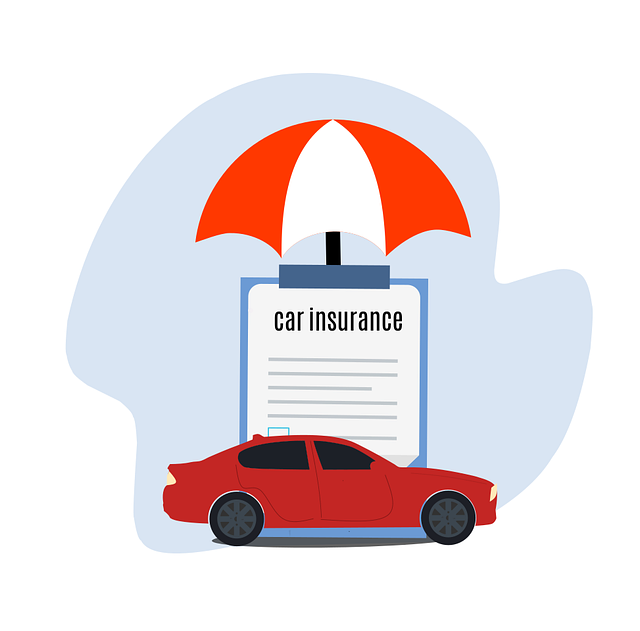Before you renew your car insurance, it’s smart to take a moment to understand what that means for you. Many assume renewals happen automatically and at the same price, but that’s not always true. If you don’t review your policy carefully, you might miss better deals or pay for coverage you no longer need.
Sometimes insurance companies won’t renew a policy because of changes in risk or driving history. That means we might have to find a new insurer anyway. Knowing what to look out for and how to compare options can save us money and stress.
We want to help you avoid surprises and get the best value for your car insurance. This guide shows what to check before renewing and why shopping around can make a big difference.
Key Things to Know Before Renewing Your Car Insurance
Renewing car insurance isn’t just about hitting “renew” on your current policy. It’s important to check your details, understand what’s changed, and avoid common errors that can cost us later.
Understanding Your Current Policy
Before renewing, we need to review what our current policy covers. This means looking at the types of coverage included, such as third-party, fire and theft, or fully comprehensive. We should note any exclusions or limits that could affect us in a claim.
We must also check the premium we pay and how it compares to the coverage provided. Sometimes, rates go up without clear reasons, so knowing what we’re paying for helps us decide if the price is fair.
Finally, understanding the deductible, or excess, is key. This is the amount we pay before insurance kicks in. A higher excess can lower our premium, but it means more out-of-pocket costs if we make a claim.
Changes in Your Driving Habits
Our driving habits can change over time and affect what coverage we need. For example, if we now drive less, we might qualify for lower premiums or pay-per-mile policies.
If we’ve added or removed drivers, that affects our risk level. Younger or new drivers usually cost more, so updating the insurer is essential.
Changes in where we park the car overnight or drive regularly are important too. Parking in a garage or secure area usually lowers the premium, while street parking might increase it.
Evaluating Your Coverage Needs
It’s time to think about whether our current coverage fits our situation. If our car is older, fully comprehensive cover might be too costly. Third-party, fire, and theft could be enough.
We should also consider any new options like breakdown cover or legal assistance, which may offer helpful protection without a big price increase.
Checking limits on important parts like windscreen repair or personal belongings inside the car is useful. These small things can add up during a claim.
Common Mistakes When Renewing
Many of us auto-renew without reviewing our policy. This can lead to paying too much or staying with outdated cover.
Some people forget to shop around. Getting quotes from different insurers might save us money or get better cover.
Not telling the insurer about changes in driving habits or address can cause claims to be denied.
Also, missing renewal dates can lead to lapses, meaning no cover and possible fines. Setting reminders helps avoid this problem.
Essential Steps for a Smarter Car Insurance Renewal
Renewing our car insurance is more than just paying a bill. We can save money, improve our coverage, and make sure our policy fits our current needs. Taking a close look at quotes, discounts, and life changes helps us avoid surprises.
Comparing Quotes From Different Insurers
Before we renew, it’s smart to get quotes from several insurers. Prices and coverage vary a lot, so comparing helps us find the best deal. We should look beyond the price and check things like excess amounts, coverage limits, and any special terms.
Using online tools or contacting insurers directly can make getting quotes faster. If your current insurer increases their pricititsitching could save us money. We should note the renewal date and start comparing a few weeks before to avoid last-minute rushes.
Reviewing Discounts and Additional Benefits
Discounts can lower the cost, so it’s important to check which ones we qualify for. Some common discounts include safe driver, low mileage, multi-car, or having security devices like alarms fitted to our car.
We should also look at additional benefits—things like breakdown cover, courtesy cars, or personal accident cover. Sometimes these extras come free or at a reduced rate if included in our renewal, but we need to decide if they are useful for us.
Notifying Your Insurer About Major Life Changes
Any big changes in our lives can affect our insurance. Moving to a new address, changing jobs, or updating the car we use can change our risk profile and coverage needs.
We should tell our insurer about these changes as soon as possible. Being upfront helps avoid problems if we need to make a claim later. It might also qualify us for better rates or coverage options that fit our new situation better.
Conclusion
Before we renew our car insurance, it’s important to take a moment and review everything carefully. Insurance policies often renew automatically, but that doesn’t mean it’s the best option for us. Checking for better deals or changes in our needs can save money and avoid surprises later.
We should remember that not renewing on time can cause gaps in our coverage. This can lead to financial risks and even legal issues if we drive uninsured. If we decide to switch insurers, letting our current company know helps avoid confusion.
Sometimes, an insurer may choose not to renew our policy due to claims or changes in risk. That’s a good reminder to keep our driving record clean and stay informed about our policy terms.
Here’s what we can do before renewing:
- Compare quotes from different companies
- Review any changes in our car or personal details
- Check for discounts we may qualify for
- Ask if there are mistakes or outdated info in our policy
Taking these steps helps us stay protected and get the best value. Let’s be smart with our car insurance so we can drive with confidence.



